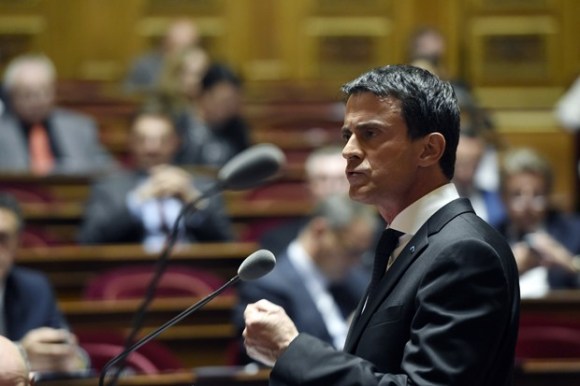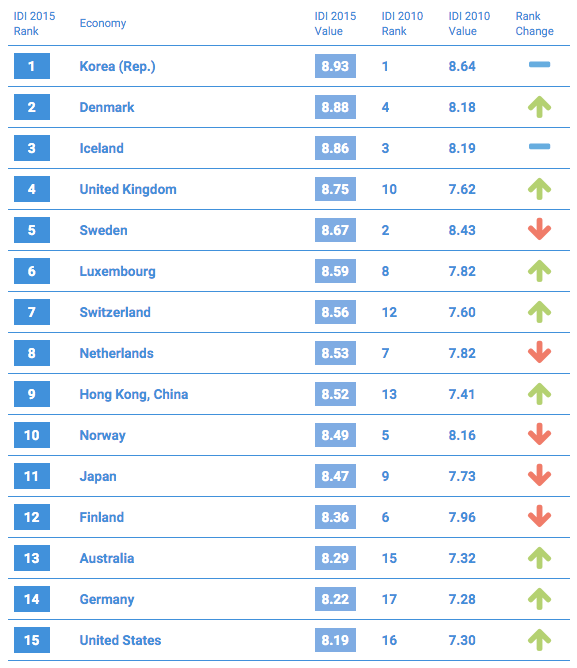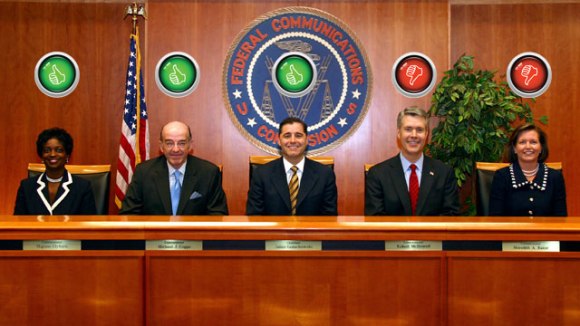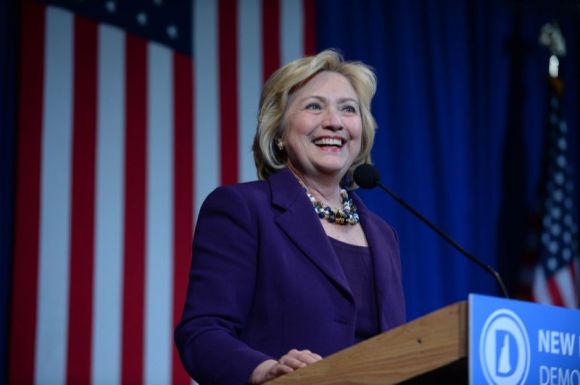Andrii Degeler at Ars Technica UK: Public Wi-Fi networks and Tor won’t be blocked or forbidden in France in the near future, even during a state of emergency, despite the country’s Ministry of Interior reportedly considering it.
Days after the reports on the proposal surfaced in the French newspaper Le Monde, the country’s prime minister Manuel Valls said he had never heard of such requests by police. “A ban on Wi-Fi is not a course of action envisaged,” he added according to The Connexxion.
Valls also said he wasn’t in favour of banning Tor, and denied any knowledge of the police authorities requesting a law to “require [service] providers to give security forces access codes.”
“Internet is a freedom, is an extraordinary means of communication between people, it is a benefit to the economy,” Valls said. “It is also a means for terrorists to communicate and spread their totalitarian ideology. The police must take in all of these aspects to improve their fight against terrorism, but the measures we take must be effective.”

Unlike the proposal to ban Tor, the idea of closing down public Wi-Fi networks in a state of emergency has some rationale. Police believe it’s easier to track down criminals and terrorists if they use data connections other than shared hotspots on the streets. France’s current state of emergency, which was enacted after the recent attacks in Paris, will persist until at least February 26, 2016.
The problem is that free Wi-Fi also allows civilians to find vital information during an emergency, such as where the nearest shelter is, or if any transportation is running. This may outweigh the perceived benefits of banning the hotspots, although both proposals are extremely hard to enforce regardless.
Giving the authorities a backdoor into virtually any device connected to the Internet has been also widely discussed in the UK over the past few weeks. The Investigative Powers Bill, also known as the Snooper’s Charter, would make it an Internet service provider’s legal duty to keep users’ browsing history for a year. The initiative was met with a wave of criticism from ISPs and industry experts.
—
Sources:
Ars Technica UK – France won’t block public Wi-Fi or ban Tor, PM says



